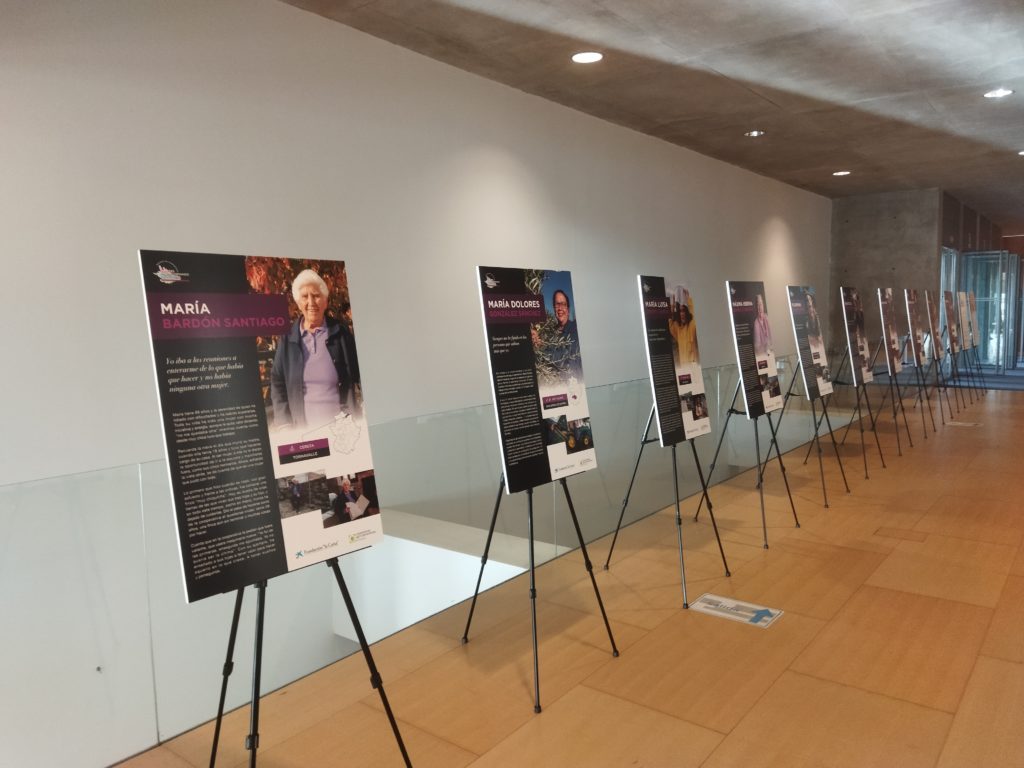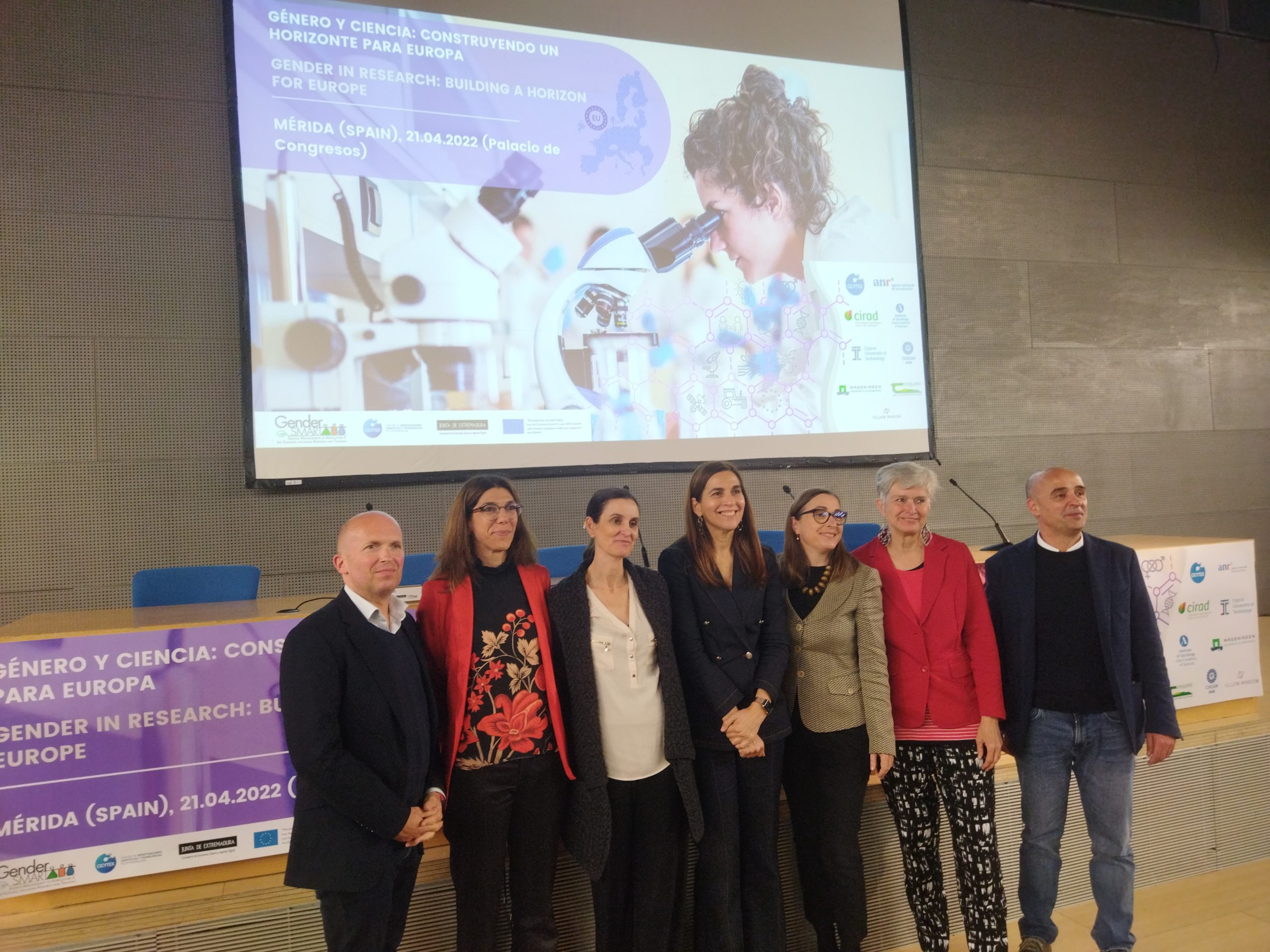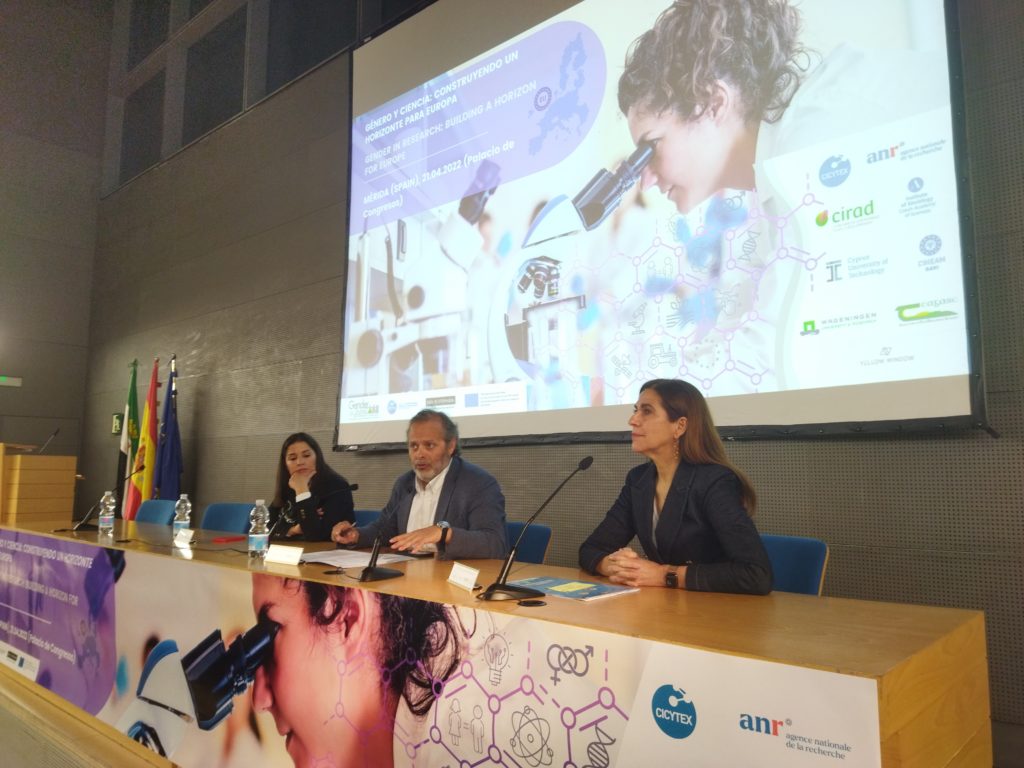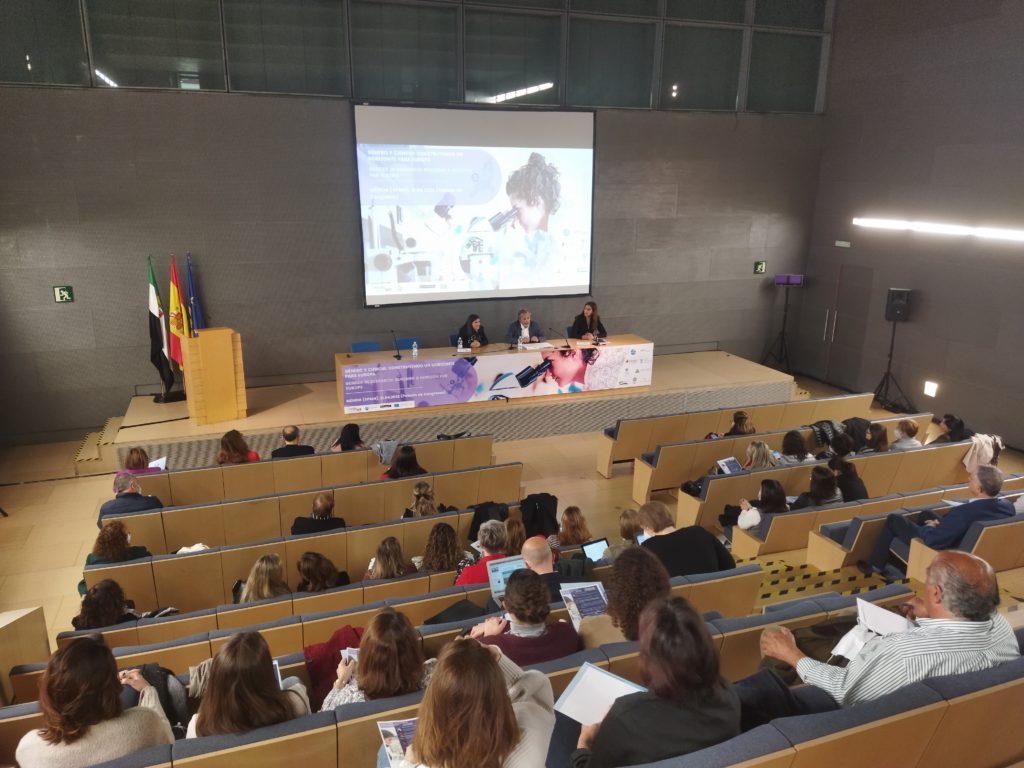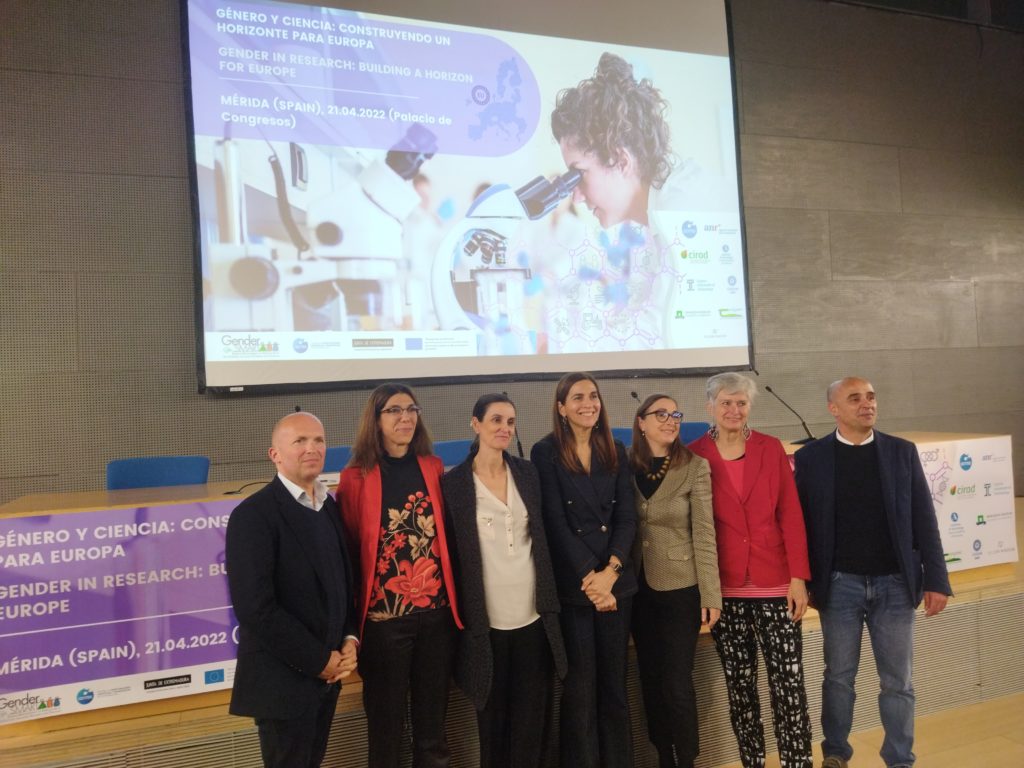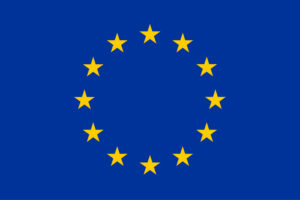What is the policy of the European Union and the priority lines to be developed in relation to Gender and Science?, what does it mean to approach R&I activities with a gender perspective?, how to integrate gender in research and innovation in the agri-food sector?, are some of the topics that were discussed last Thursday, 21 April, in Mérida (SPAIN).
The conference Gender and Science: Building a horizon for Europe delved into the application of the principle of gender equality and the inclusion of the gender perspective in the scientific and technological environment and mainly in the agri-food sector. It was attended by more than 100 people, both on-site and online by policy makers in research and innovation policies and their funding, staff from universities and R&I centres, education and training centres, companies and cooperatives in the agri-food sector among other participants.
Marcela Linková gave a detailed overview of European gender and science policies, their statistical data, conditioning factors, examples of comparative analysis by states in the field of GEP, policies against gender-based violence and the main challenges ahead.
Access the full presentation, here.
Zulema Altamirano gave an exhaustive review of the policies transferred to Spain in the field of Gender and Science, highlighting in his presentation the recent modification of the Spanish Science Law and its inclusion of the principles of equal opportunities, and detailed the measures that the Spanish Ministry of Science and Technology has taken to promote gender equality.
Access the full presentation, here.
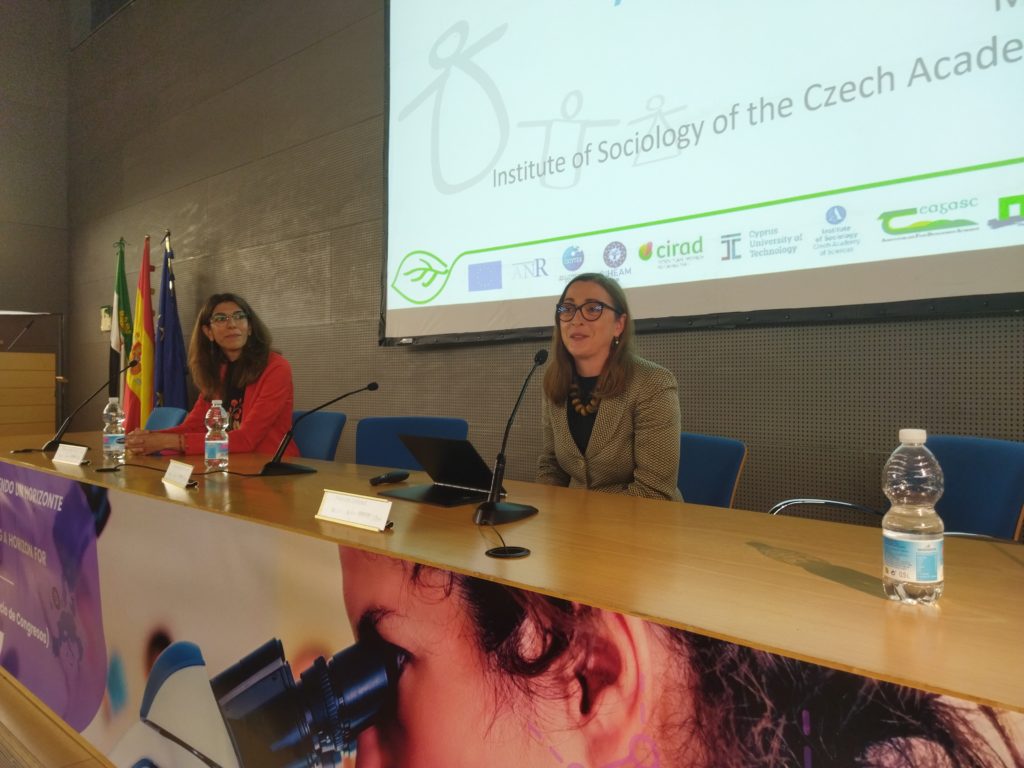
Maxime Forest evoked the groundbreaking study conducted by SciencePo, AFD France and OFCE on what gender dimension means and why is it relevant to fighting climate change.
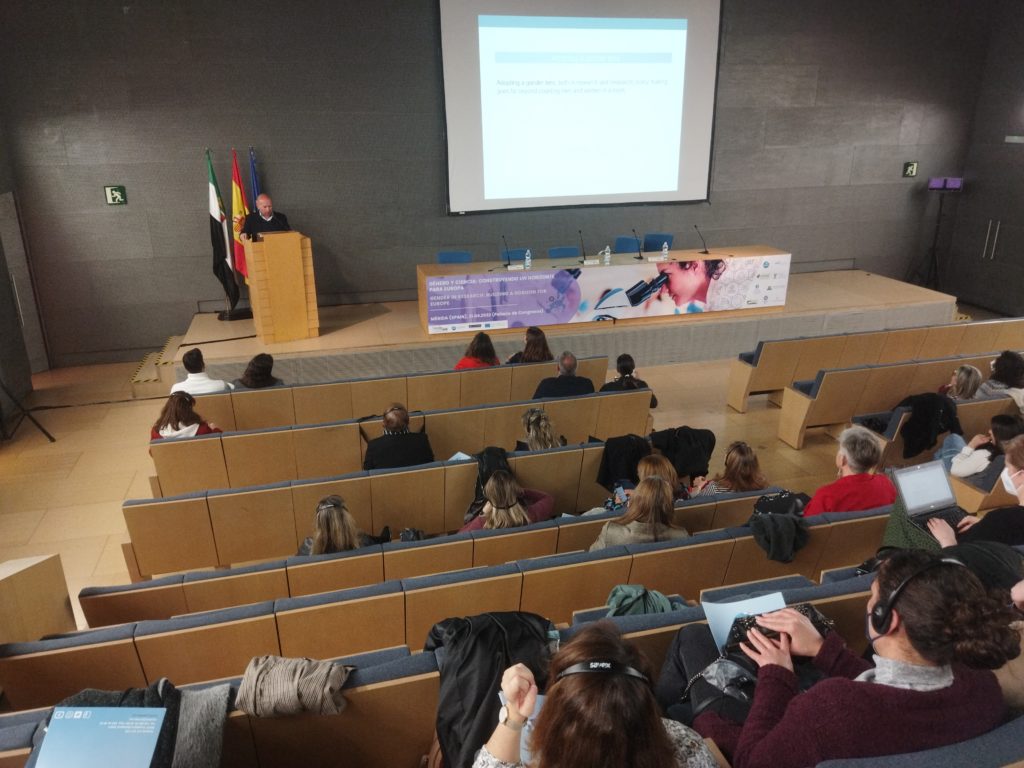
Margreet van der Burg explored the key options for Gender+ integration in research in the agri-food sciences by giving a very comprehensive, holistic and field-specific presentation, from the basic concepts to be taken into account to the particularisation of how gender should be integrated in agri-food research activities.
Access the full presentation, here.
Carmen Moreno, presented the work carried out by Agri-food Cooperatives of Spain and Extremadura in the field of gender equality, highlighting the measures taken in the Extremadura Cooperatives Act, of which she was the driving force, and which are proving to be key.
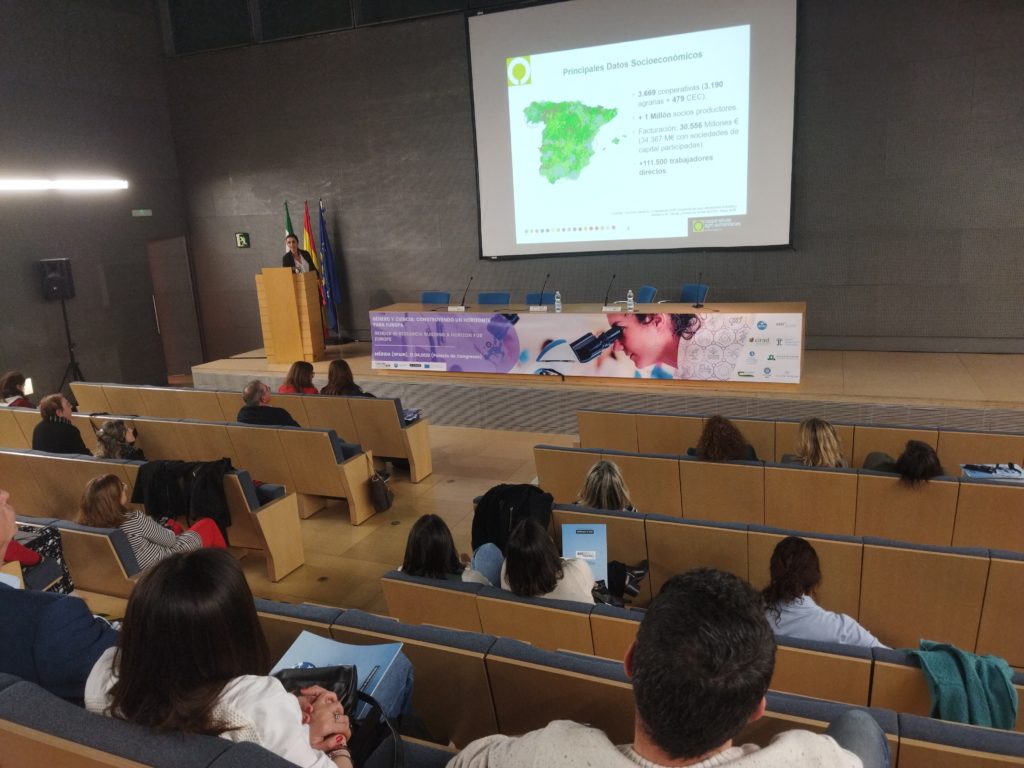
In addition, those attending on-site at the Palacio de Congresos de Mérida were able to see the Agri-Food Cooperatives exhibition of women who have been pioneers and models in the agri-food cooperative sector of Extremadura.
